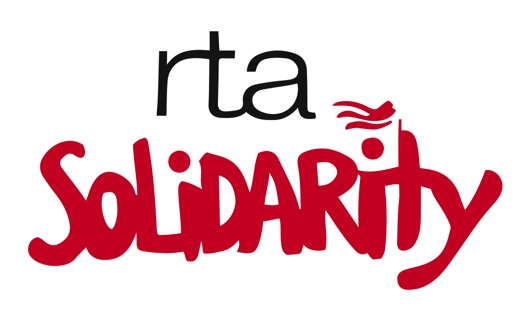Linking student test scores to teacher evaluations is currently on hold
SARATOGA SPRINGS — State Education Commissioner MaryEllen Elia on Wednesday said she may ask for an extension of the existing moratorium on plans to tie student test results to teacher evaluations.
“If we feel like we need an extension I’ll ask for an extension,” she said.
Her remarks, to a group of teacher trainers, came as the state’s major teachers union, New York State United Teachers, was filing a lawsuit against another initiative that would help govern which teachers would in some instances be assigned to poor-performing schools.
In June, lawmakers considered but failed to pass legislation that would have permanently removed a proposed mandate that standardized state math and English test scores be used in teacher evaluations. Instead, local teacher unions would negotiate whether they wanted the tests or other measures to be used.
Assembly Democrats, who are close allies of the teachers unions, passed the measure, but it didn’t get through the Republican-led Senate.
Noting that her State Education Department and the state Board of Regents are still gathering input on the issue, and unsure of whether lawmakers in 2019 would try again to pass such a law, Elia said she would seek a moratorium from the state Board of Regents if needed.
She also said that lawmakers who tried to pass the decoupling bill hadn’t talked to her or her department. “We weren’t asked,” Elia said during a talk with the Association of Teacher Educators and Association of Colleges for Teacher Education whose members were meeting at the Gideon Putnam hotel.
Elia earlier in the year had noted that her department wasn’t consulted on the Assembly-led bill and she was concerned that it could lead to unexpected or unforeseen consequences.
Federal education law requires that states develop systems for evaluating teacher performance.
The thorny question of how those evaluations should be done has hovered over discussions of education reform and policy for years now.
“We don’t have a fix for APPR,” Elia said, referring to the Annual Professional Performance Reviews required for teachers as well as principals.
First pushed through by Gov. Andrew Cuomo, the plan initially called for closely linking scores in state-issued English and math tests to evaluations, with teachers potentially losing their tenure if their students turned in too many poor results.
That sparked an outcry by teachers and lawmakers, prompting the governor to back off that particular plan. But a replacement system has yet to be put in place.
The episode was instructive on a number of levels. It illustrated the power of New York State United Teachers, the state’s major teachers union, which led opposition to the testing plan. And it underscored the ongoing unpopularity of standardized tests.
Amid that background, people aren’t flocking to the teaching profession to the extent that they had in prior years, Elia said.
Elia told the teacher educators that interest in teaching careers has fallen off, despite the importance of the work and what she said was New York’s tops-in-the-nation teacher salaries.
“This is the first time we have parents saying they aren’t telling their children to be teachers,” she said.
Memorandum of Law FILED by rkarlin on Scribd
Not everyone is against at least some kind of testing. “Students deserve to have the best teachers and their parents need some kind of system to determine who they are,” said Jenny Sedlis, executive director of Students First NY, a reform group that also supports more charter schools.
A NYSUT lawsuit announced on Wednesday centered not on test scores, but on another aspect of the federal Every Student Succeeds Act regarding poor-performing schools.
As part of its implementation of that law, the Board of Regents said that only teachers who are rated “effective” or “highly effective” be assigned to academically troubled schools.
NYSUT opposes that and filed suit in State Supreme Court in Albany County.
The suit drew criticism in some quarters. Ian Rosenblum, executive director of the Education Trust-NY said it was “an attack on equity.”
But NYSUT President Andy Pallotta said the move violates collective bargaining rules.
“The Legislature has not approved — or even considered — any of this,” said Pallotta.
NYSUT locals in Syracuse and Rochester joined in the lawsuit.


